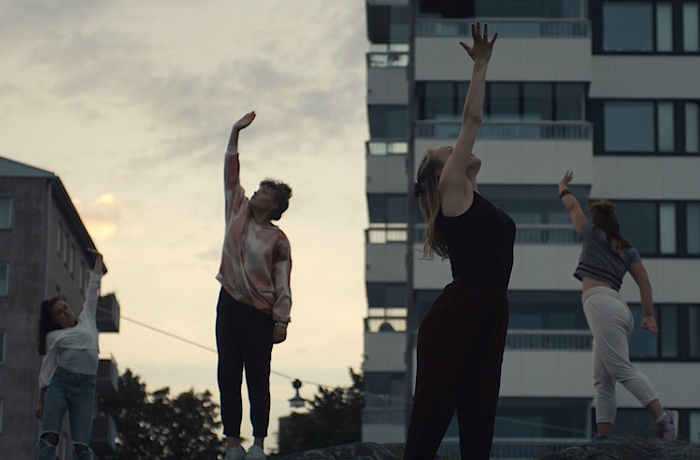
The stories children tell are often more sincere and, consequently, more fragile. They seem to be made of a delicate substance of looks, movements, and smiles. This feeling appears because a child’s life is always a special dimension of existence. The world looks infinite to a child, and its thought processes become unsteady, shaky, and sometimes even tragic. Children are often far too sincere in their narrations. The adults, in their turn, lose this storytelling peculiarity with time, and as we listen to the children’s stories, we inevitably live through our childhood anew. We relive the experience of making our first decisions, evaluate our past actions, and try to understand whether we have succeeded in finding our place in life. The stories told by children are free of any prejudice and deprived of the dense net of ‘buts’ that are infinitely woven in adulthood. And the incredible simplicity of these narrations can bring to the surface quite adult issues concerning the organisation of life and the coexistence with the Other. This year’s DOCU/YOUTH is a direct illustration of this fact.
The characters of Jenni Nyberg’s full-length movie Siéva are Helsinki teenagers on the threshold of the adult life. Through a new street dancing style, they thrive to build communication with the world around them, to get rid of their fears, and to find common ground with their peers. For these young people, dancing becomes a silent way to overcome the barriers between them, and the practice of creating a new community where everyone would feel free. The nature of the issues that worry the characters in Nyberg’s film is essentially the same that face contemporary Ukrainians in their twenties. The process of growing up, after all, consists of attempts to ‘tune in’ to the surrounding world and to define the forms of self-expression that will help to answer the questions of ‘Who am I?’ and ‘Who are you?’
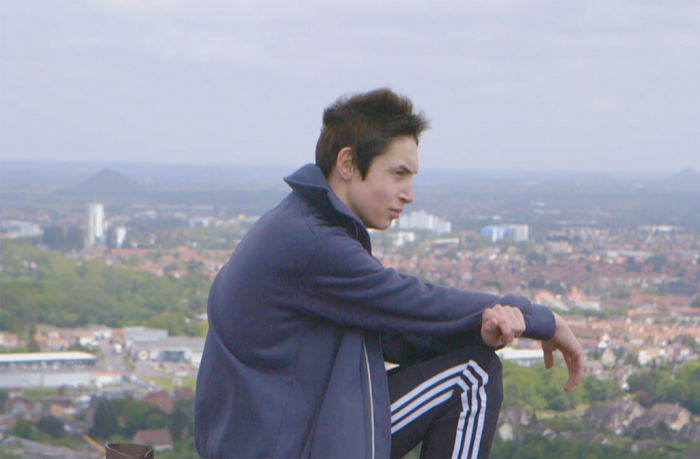
Frédéric Brunnquell’s full-length movie Coal Heap Kids will probably bring many Ukrainian viewers back to their teens. The life of the 15-year-old protagonist in a small industrial French town is, to some extent, reminiscent of the uncertainty and loss during the 1990s in Ukraine. Decrepit buildings and factories, abandoned houses, broken windows and heaps of garbage are the realities of the space exhausted with industry in which these children have to grow up and dream. Here, one easily becomes a black sheep: just dare to say that you want to be yourself instead of another cog in the industrial machine which continues to sap the life out of small towns. The main character of the film turns into one of these aliens. His disaffection from the decaying and stifling world around him results in confrontation and makes it impossible for him to exist within the established framework of the educational system. The teenager’s path into adult life begins from the first experience of making his own decision. That decision is to search for himself outside the imposed boundaries, beyond the inert system which sooner or later transforms every industrial city into abandoned coal heaps. Is this an all-or-nothing step, which dooms the character to a hard struggle? Well, the boy already has the main weapon – the support of his family.
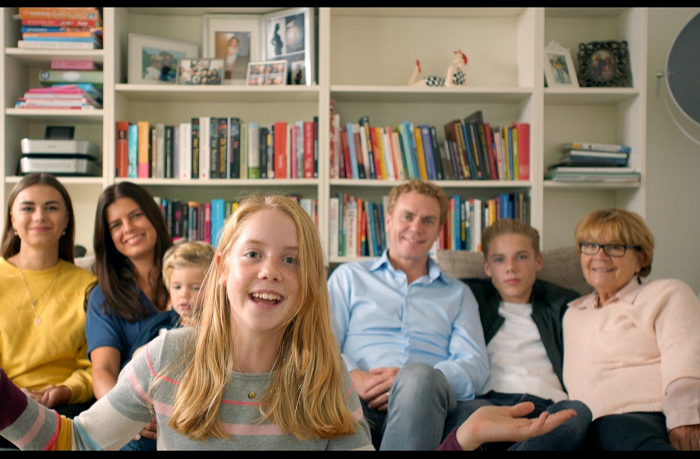
My Happy Complicated Family, a short film from the DOCU/YOUTH program, also portrays the family circle as one of the most important spaces for the child’s quest to overcome alienation. In this film, the director Tessa Louise Pope playfully touches upon the delicate question of life in divorced and ‘complicated’ families. At a certain point, the relations between the adults in the characters’ families become so intertwined that the teens can hardly explain to their friends who is related to whom and in what way. In the eyes of their peers, their relatives often look ‘weird’, and the large number of caring and loving people cannot compensate for adolescent confusion in the emotions and relationships with others. However, frank and sincere manifestations of feelings and care can work miracles. Even if teens from happy families are suffering from alienation, the family’s warmth can help to overcome it. In the end, it doesn’t matter how big or complicated the family is if it has the main things – love and care.
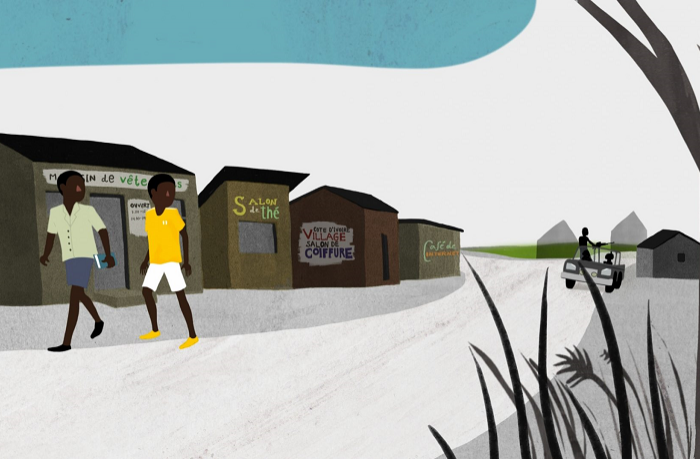
The saddest story of DOCU/YOUTH program is undoubtedly When I Hear the Birds Sing by Trine Vallevik Håbjørg, dedicated to those deprived of family warmth. The children from the refugee camp speak in simple words about the terrible things they have survived – loss of homes, murders, escape. Is a tragedy doubled when witnessed and experienced by a child? Probably yes. These children have already experienced all the horrors of war – they are inscribed in their memory and will remain with them forever. When the birds sing, the irreversible events of the past will surface in their memories – the past in which they used to walk with their relatives or play football with friends. Like all children, they continue dreaming about happy and peaceful lives, about a successful future. But what will such a life cost them, in view of the past horrors?
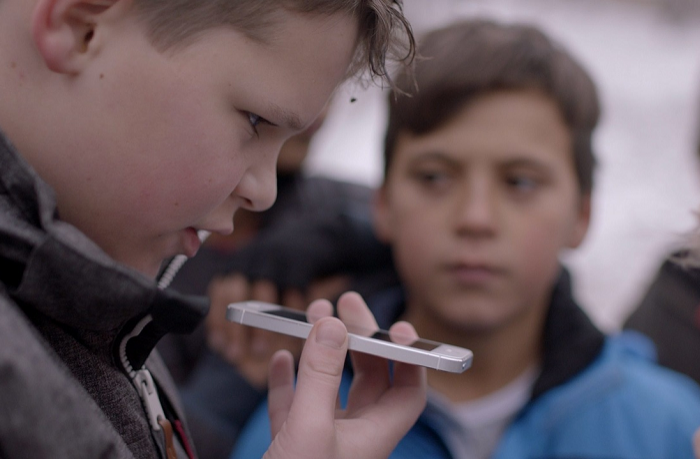
Kim Brand’s movie is looking for an answer. The 15-minute long Hello Salaam features a collision between two worlds: the ‘stable European world’ and the ‘unstable world’ of refugees. Two schoolchildren from the Netherlands come to the Greek seaside, to the refugees’ tent camp. During the vacations, they’ve decided to help the people who have lost their home and native land. The simple, open-hearted, and sincere children’s games, actions, and conversations featured in the film raise complicated adult issues of mutual help, understanding, and overcoming alienation. On the one hand stands an unselfish desire to assist the people in trouble, and on the other the impossibility of seriously changing anything in the surrounding reality, especially while you are still a child. For some of the characters, at the age of 10 a journey like this was an adventure, a way to get to know a ‘different world’, while for the children from the tent camp, this meeting was a reminder of the world and the carefree childhood they’ve lost.
It is a seemingly simple story about the childlike sensitivity and the ability to find a common ground, even while the pronunciation of the foreign ‘hello’ or ‘salaam’ still poses difficulties. At some point these children, through asking each other simple questions, touch upon matters that no adult person was ever able to resolve: ‘Do you love your home?’, ‘Do you have friends?‘, ‘Do you want to return home?’.
Day by day, the path of every person’s life forms a unique story. The life of a child is a universe at its inception. And this universe is still devoid of prejudice, open to peaceful coexistence with the Other, to the search for ways of mutual understanding and assistance. The young person still has yet to face many important independent decisions; he or she will have to find oneself, to go through external and internal trials, and find his or her own sources of support. Perhaps the process of growing up consists of making numerous small independent decisions, of the experience of overcoming alienation, and of finding common grounds. Oddly enough, sometimes children have more success in achieving this than adults
Text: Oleksandra Andreeva